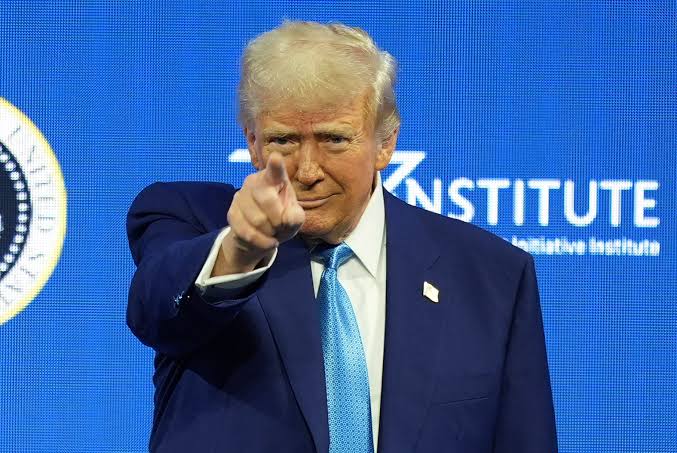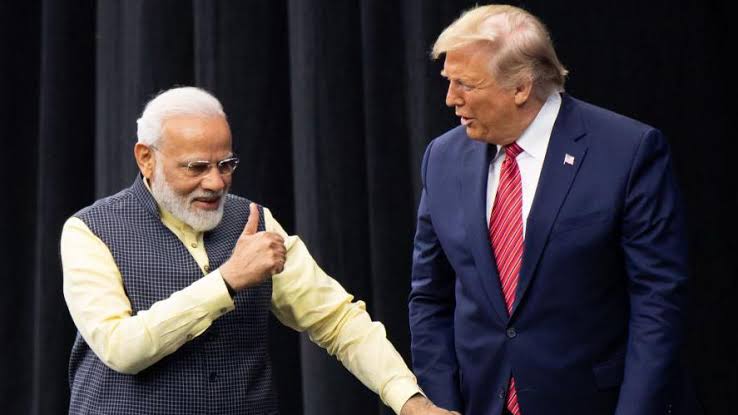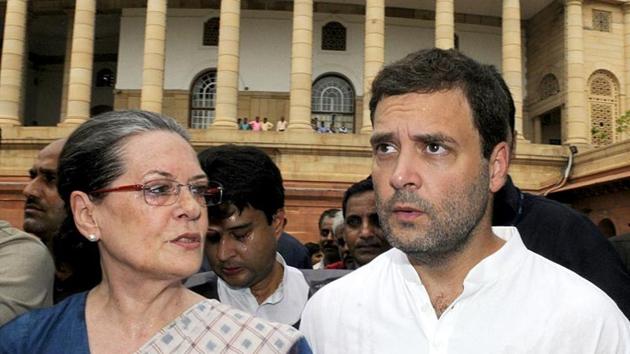US President Donald Trump’s remarks about a $21 million fund allegedly allocated for voter turnout in India have sparked a heated political debate in the country. The controversy erupted after Trump, addressing a Republican gathering, questioned why American taxpayer money was being spent to influence elections in India. His statement came shortly after the newly established Department of Government Efficiency (DOGE), led by Elon Musk, announced the cancellation of multiple USAID-funded programs, including this particular grant.
 India’s ruling Bharatiya Janata Party (BJP) quickly seized upon Trump’s comments, alleging that the funding represented external interference in India’s democratic process. BJP leader Amit Malviya accused opposition leaders of attempting to seek foreign intervention, pointing to past instances where Congress leader Rahul Gandhi spoke at international forums about challenges to democracy in India. According to Malviya, this was part of a broader effort by certain groups to undermine India’s sovereignty.
India’s ruling Bharatiya Janata Party (BJP) quickly seized upon Trump’s comments, alleging that the funding represented external interference in India’s democratic process. BJP leader Amit Malviya accused opposition leaders of attempting to seek foreign intervention, pointing to past instances where Congress leader Rahul Gandhi spoke at international forums about challenges to democracy in India. According to Malviya, this was part of a broader effort by certain groups to undermine India’s sovereignty.
The opposition Congress party, however, dismissed these claims as baseless. Congress leader Jairam Ramesh countered that the Modi government itself had a long history of working with USAID and similar international agencies, and that the allegations were politically motivated. He urged the government to clarify the extent of USAID’s involvement in India over the years, arguing that any attempt to connect foreign aid with domestic elections was misleading.
India’s Ministry of External Affairs also weighed in on the matter, calling the claims “deeply troubling” and stating that an investigation was underway to ascertain the facts. Foreign ministry spokesperson Randhir Jaiswal urged caution, emphasizing that it was premature to draw conclusions without a thorough examination of the issue.
The USAID funding controversy has also led to broader questions about the role of international aid in India’s development. USAID has been operating in India for decades, supporting initiatives in health, education, and infrastructure. While critics argue that foreign funding should be scrutinized more rigorously, others maintain that such collaborations have played a vital role in India’s progress.
Meanwhile, reports have surfaced suggesting that the $21 million grant was, in fact, intended for Bangladesh rather than India. An investigative report by the Indian Express indicated that the funds were earmarked for a three-year program aimed at strengthening democratic participation in Bangladesh, with a significant portion already utilized.
As the debate intensifies, the controversy highlights the deep political divisions within India. With the general elections approaching, both the BJP and Congress are using the issue to rally their supporters. For many ordinary citizens, however, the real concern remains whether such allegations, true or not, will detract from the pressing issues of governance, economic development, and social welfare.
The situation continues to unfold as political leaders on both sides use Trump’s remarks to further their own narratives. While the truth behind the funding remains uncertain, the political storm it has triggered is unlikely to subside anytime soon.




